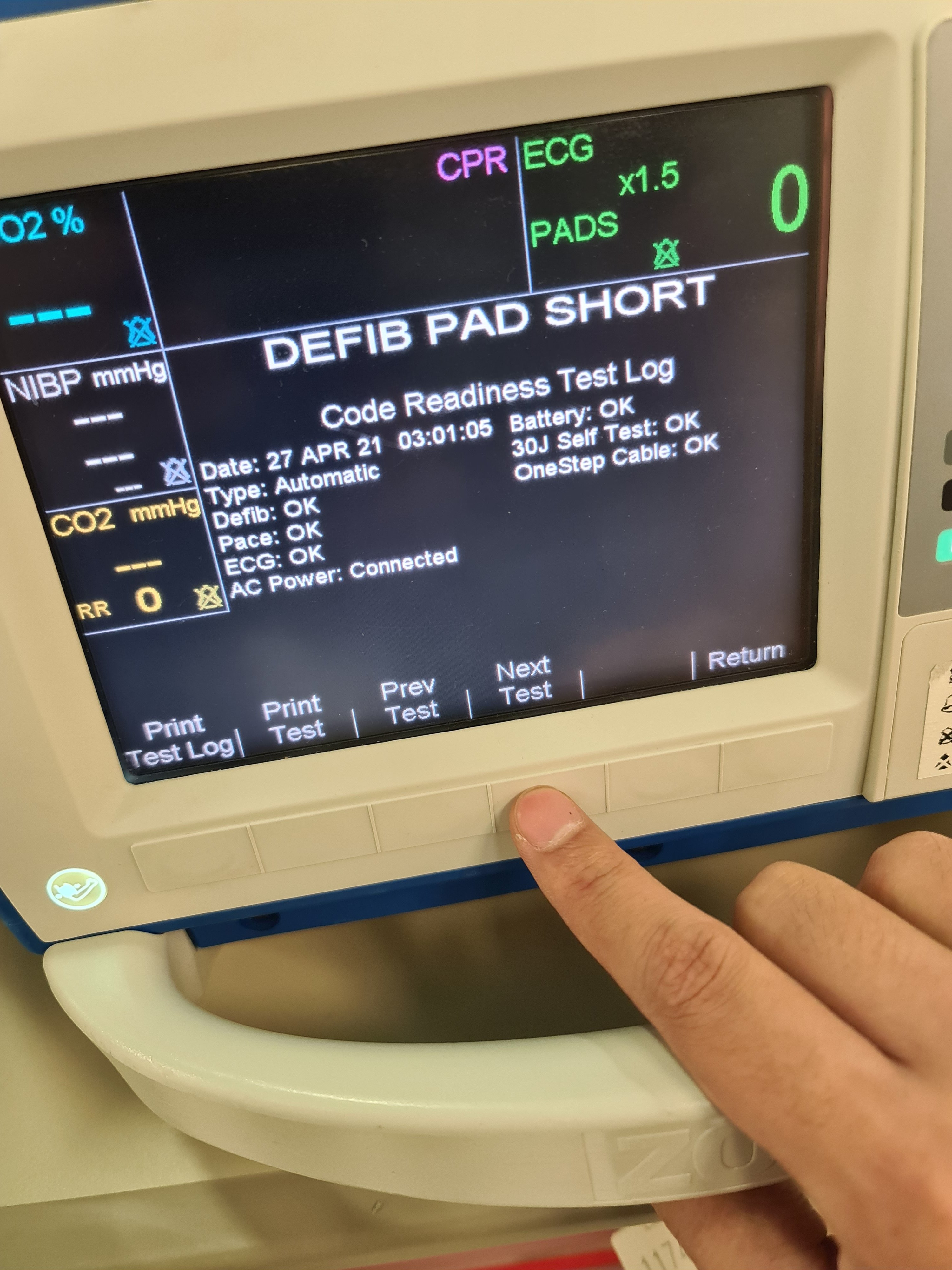
Heokbt
No personal profile
7Follow
1Followers
0Topic
0Badge
Low intetest rate will ppl still buy house?
Real trader
Great article, would you like to share it?
BRIEF-JPMorgan Chase & Co Initiates Long Position In H Shares Of CATL At 14.23% On May 20, HKEX Says
Great article, would you like to share it?
BRIEF-JPMorgan Chase & Co Initiates Long Position In H Shares Of CATL At 14.23% On May 20, HKEX Says
,,,,,,23÷,,,,,
BRIEF-JPMorgan Chase & Co Initiates Long Position In H Shares Of CATL At 14.23% On May 20, HKEX Says
👌
Ok
US Natural Gas Falls Below $3 for First Time Since May 2021
👌ok
Microsoft Kicks Off Tech Earnings Set to Slump Most Since 2016
Ok
Stocks Could Face Another Explosion of Volatility Friday As $4 Trillion of Options Expire in "Quadruple Witching"
Ok
Sorry, the original content has been removed
👍 ok
The U.S. CPI Report Could Deliver A Massive Shock To Markets
Can sunstain rally?
Why Did the U.S. Stock Market Move Higher?
😲 omg
Rivian Is Recalling Nearly All of Its Vehicles
Good sharing
Sorry, the original content has been removed
Like
If You're Selling Stocks Because the Fed Is Hiking Interest Rates, You May Be Suffering From “Inflation Illusion”
Ok
Can the Fed Tame Inflation Without Further Crushing the Stock Market? What Investors Need to Know
[Cry] [Cry]
Sorry, the original content has been removed
ok
SQQQ: Don't Overstay Your Welcome
Oil n gas still need for the world in the future
Sorry, the original content has been removed
👍 ok
U.S. Stocks Cheered up in Morning Trading; Nasdaq Surged Over 1% While Dow Jones Rose Over 0.5%
Go to Tiger App to see more news